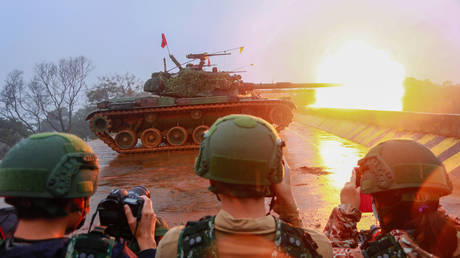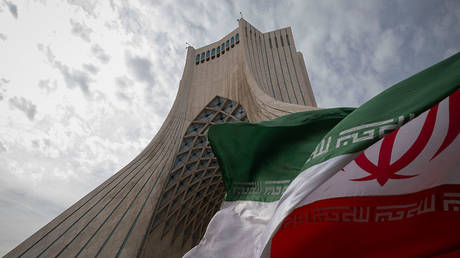
Bilateral ties cannot be defined by competition, Beijing says
US plans for Southeast Asia puts it on a path for confrontation with Beijing, Chinese Foreign Minister Wang Yi told his American counterpart Antony Blinken in a phone call on Tuesday. He was referring to Washington’s recently updated Indo-Pacific Strategy.
The document identified China as being a serious “challenge” for US foreign policy in the region and accused Beijing of “coercion and aggression” that “spans the globe, but it is most acute in the Indo-Pacific.”
Wang told Blinken the document was sending the wrong signal that the “containment of China” was a top priority for Washington. The two superpowers both compete and cooperate in various areas and cannot allow competition to define their relationship, the minister said, warning that if the views of American officials who seek an escalation of China rivalry prevail, it would result in a “full-scale confrontation.”
As with any other nation, Beijing seeks a relationship with the US based on the principles of mutual respect, peaceful coexistence, and win-win cooperation, Wang stressed. The Chinese government is particularly concerned with the increasingly confrontational US approach regarding Taiwan, the minister said.
Taiwan, the last stronghold of nationalist forces defeated by Communists in the Chinese civil war, claims to be the rightful successor of Chinese statehood. China considers the island to be under its sovereignty.
The US strategy pledged to support “Taiwan’s self-defense capabilities, to ensure an environment in which Taiwan’s future is determined peacefully in accordance with the wishes and best interests of Taiwan’s people.” It says this is consistent with the One China policy, which recognizes the government in Beijing as the sole representative of the Chinese people.
Beijing announced on Monday that it will impose sanctions against US defense contractors, including Raytheon Technologies and Lockheed Martin, which manufacture weapons set to be sold to Taiwan with Washington’s approval. It came in reaction to a pending $100 million arms deal, which was revealed earlier this month.




